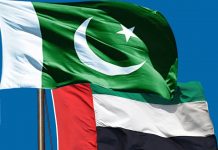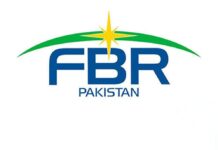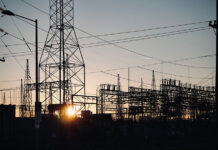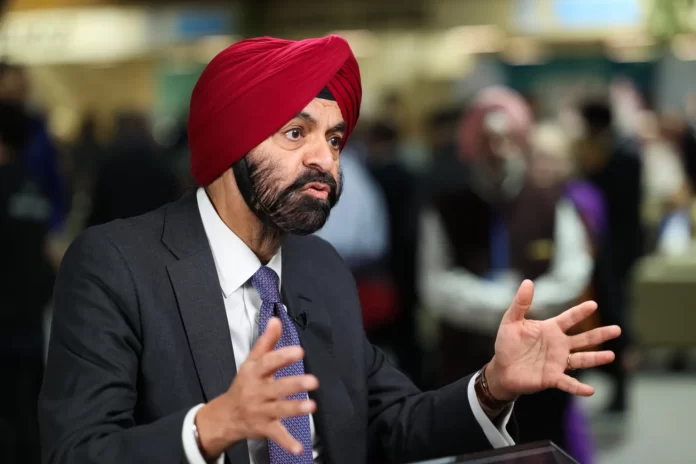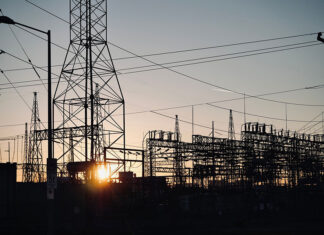The president of the World Bank, Ajay Banga, has advised developing countries to secure trade agreements with the United States at the earliest opportunity, warning that delays could prove damaging amid heightened global trade uncertainty.
In an interview with AFP during the Spring Meetings of the World Bank and International Monetary Fund (IMF) in Washington this week, Banga stressed that the shifting US trade policy — particularly under President Donald Trump’s renewed tariff actions — created an unpredictable environment that developing economies must navigate decisively.
“You need to negotiate trade systems with the US at the earliest possible (opportunity),” Banga said. “If you delay, it hurts everyone.”
Since returning to the White House in January, Trump has imposed a baseline 10% tariff on imports from most countries, with steeper sector-specific duties of up to 25% on steel, aluminum, and automobiles not produced in the US. Higher tariffs on dozens of other countries have been temporarily paused amid ongoing negotiations.
Banga warned that these tariffs have already roiled global financial markets, increased volatility, and dampened investment confidence — effects particularly harmful for emerging economies dependent on stable export revenues.
Beyond individual trade deals with the US, the World Bank chief also encouraged developing countries to enhance regional trade and reduce internal barriers to goods movement, which he said could insulate them from external shocks.
“There is an urgent need not only to strike bilateral deals but also to deepen regional economic integration,” Banga emphasised.
Banga also addressed remarks made earlier this week by US Treasury Secretary Scott Bessent, who criticised China’s continued classification as a “developing country” by international financial institutions.
“I don’t think he’s wrong,” Banga said, agreeing that China’s economic size and capabilities warrant a re-evaluation of its eligibility for concessional lending from institutions like the International Bank for Reconstruction and Development (IBRD) — the World Bank’s arm for middle-income countries.
He pointed out that China borrowed around $750 million from the IBRD last year even as it contributed billions in repayments and donations. “My view is, I’ve brought it down to 750 (million), and I’m trying to figure out a way to deal with China to bring it down further,” he added.
However, Banga noted that any changes to China’s status would require approval from the World Bank’s executive board, which represents all member nations.
Responding to broader criticisms from the Trump administration regarding the Bank’s “expansive policy overreach,” Banga maintained a diplomatic tone.
“I keep telling people this is a perfectly constructive request — to say, tell me and show me that you guys are the kind of people that advance the interests of my taxpayer, of my country,” he said. “There’s nothing wrong with it.”
Under his leadership since 2023, Banga has prioritized streamlining World Bank operations, mobilising private sector participation, and focusing on job creation and energy access in developing nations.
One major initiative underway is a joint effort with the African Development Bank to connect 300 million people in sub-Saharan Africa to electricity by 2030 — a monumental task requiring massive investment in energy generation.
Banga stressed that the energy strategy must focus on providing power at the lowest possible cost, suggesting that while renewables should lead the effort, nuclear energy and natural gas should also be considered to ensure reliable baseload power. Both energy sources have traditionally faced resistance within the World Bank’s financing policies.
The Bank’s executive board is expected to review its energy financing strategy in June, with the potential inclusion of nuclear and gas on the agenda.
Tackling Unemployment Beyond Outsourcing
Banga also emphasised the need for developing countries to focus on creating sustainable, local employment opportunities rather than relying solely on outsourcing from advanced economies.
“If job creation is not properly managed in developing economies, it feeds into political and economic instability — a reality we are increasingly seeing reflected in voter behavior around the world,” he warned.



